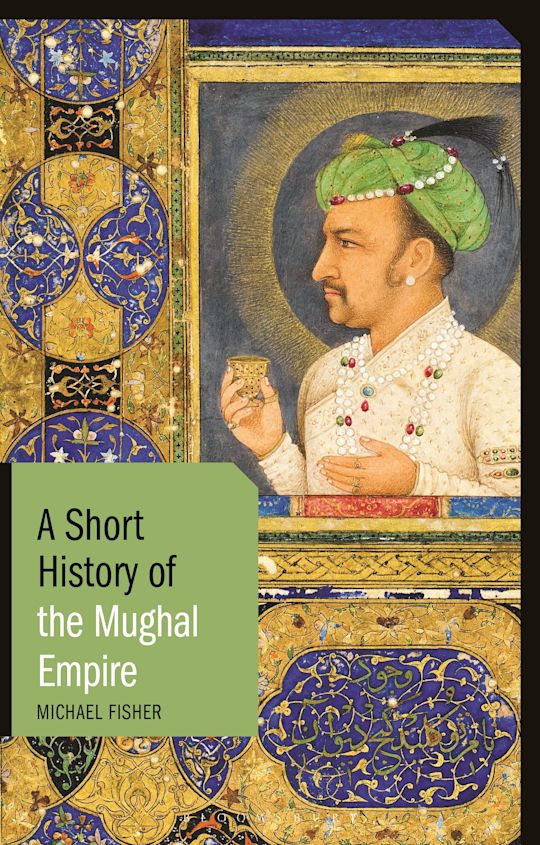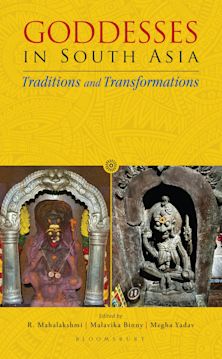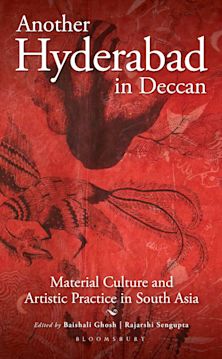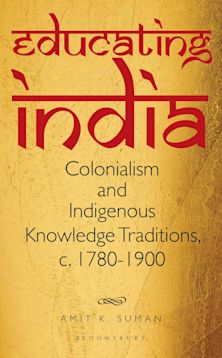- Home
- ACADEMIC
- History
- Asian History
- A Short History of the Mughal Empire
You must sign in to add this item to your wishlist. Please sign in or create an account
Description
The Mughal Empire dominated India politically, culturally, socially, economically and environmentally, from its foundation by Babur, a Central Asian adventurer, in 1526 to the final trial and exile of the last emperor Bahadur Shah Zafar at the hands of the British in 1858. Throughout the empire's three centuries of rise, preeminence and decline, it remained a dynamic and complex entity within and against which diverse peoples and interests conflicted. The empire's significance continues to be controversial among scholars and politicians with fresh and exciting new insights, theories and interpretations being put forward in recent years. This book engages students and general readers with a clear, lively and informed narrative of the core political events, the struggles and interactions of key individuals, groups and cultures, and of the contending historiographical arguments surrounding the Mughal Empire.
Table of Contents
1. From Central Asia into the Alien Land of India
2. Establishment of the Mughal Indian Empire
3. Efflorescence of the Imperial Court
4. Building up the Empire
5. Expanding the Frontiers and Facing Challenges
6. Hollowing Out the Imperial System
7. Vestiges of Imperium
8. Contested Meanings of the Mughal Empire
Conclusion
Bibliography
Product details

| Published | Oct 01 2015 |
|---|---|
| Format | Ebook (Epub & Mobi) |
| Edition | 1st |
| Extent | 288 |
| ISBN | 9780857729767 |
| Imprint | Bloomsbury Academic |
| Series | Short Histories |
| Publisher | Bloomsbury Publishing |
About the contributors

ONLINE RESOURCES
Bloomsbury Collections
This book is available on Bloomsbury Collections where your library has access.


































